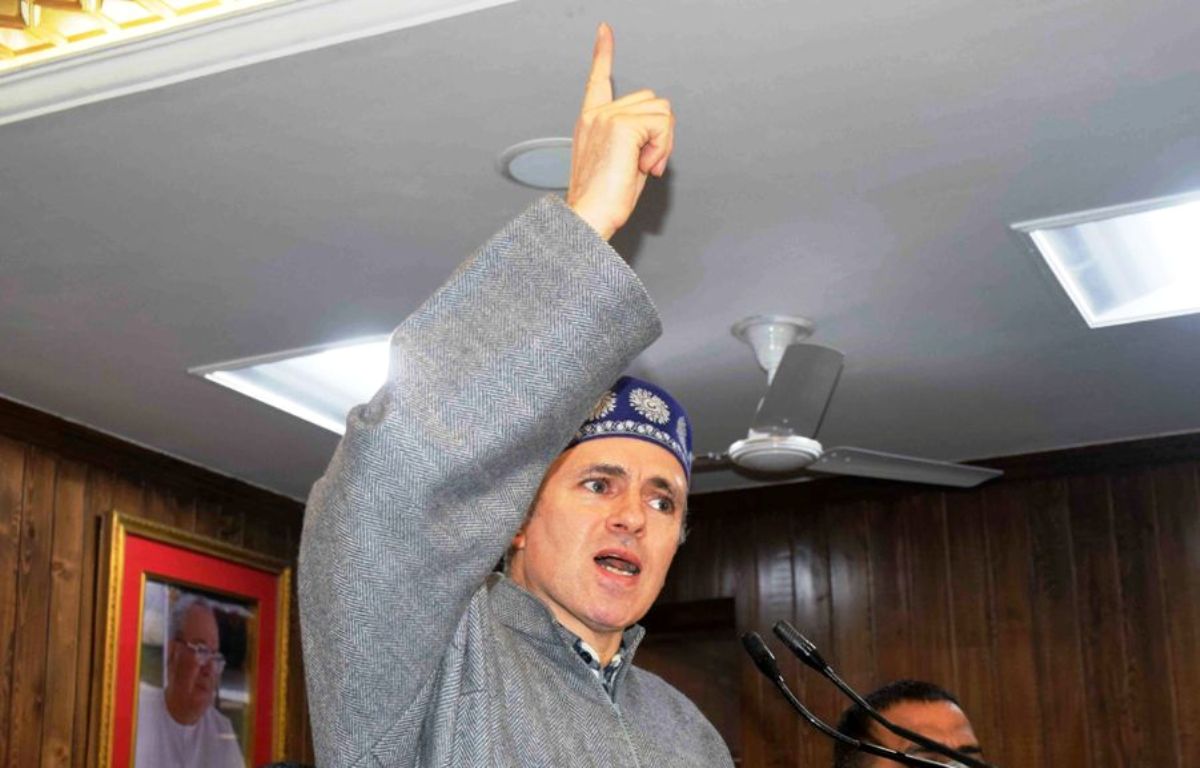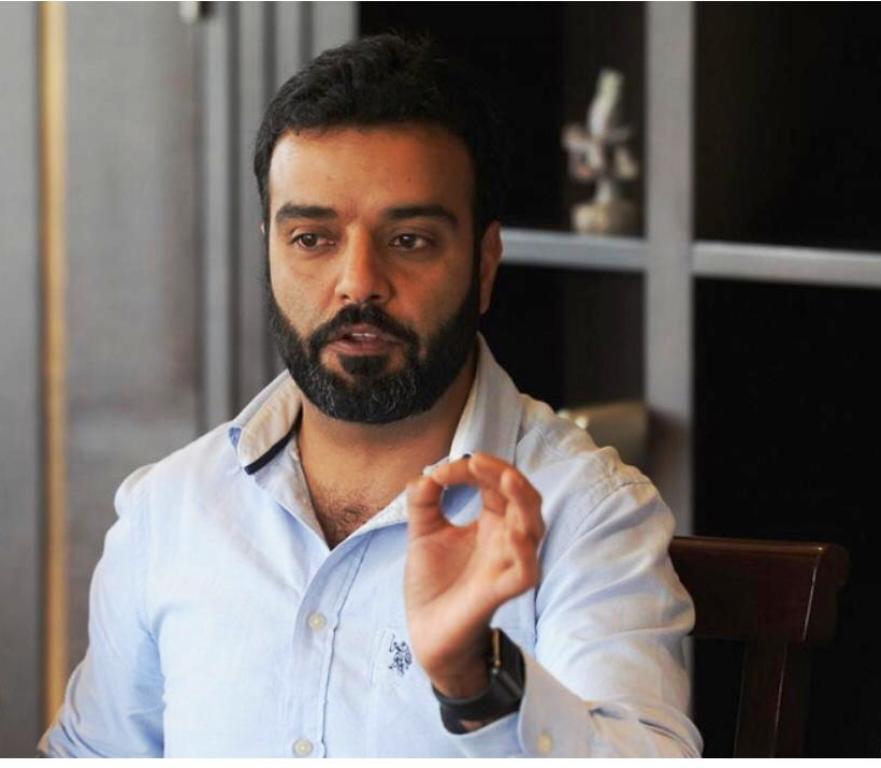KL NEWS NETWORK
SRINAGAR
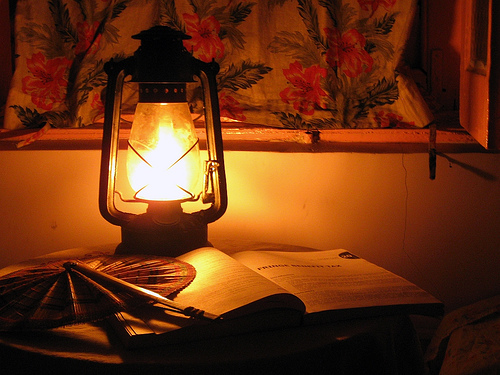
The Kashmir Chamber of Commerce & Industry Saturday presented the case of industry, commerce and general public at the public hearing of the State Electricity Regulatory Commission (SERC).
SERC had invited public and stakeholder response to the petition filed by J&K Power Development Department for revision of Power tariff for the year 2016-17 and other issues.
The KCC&I team comprising of Faiz Bakshi, Secretary General and Nasir Hamid Khan, Executive Committee Member made the following submissions at the hearing, a KCCI statement said this evening.
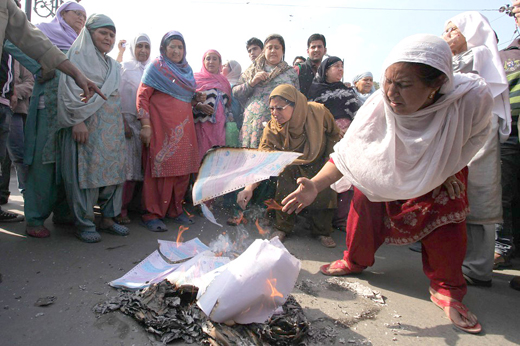
Proposed Hike In Tariff
The Kashmir Chamber of Commerce & Industry strongly opposes the proposed hike in power tariff being petitioned by the State Power Development Department as it would be unreasonable to burden the consumer for the non-performance of the Department.
With our State having one of the highest percentages of Transmission & Distribution (T&D) Losses in the country, the PDD needs to make serious efforts to reduce this loss. The Department has failed to achieve targets for loss reduction set out by the SERC. The Department has also failed to achieve loss reduction targets set out by itself and T&D losses remain above 49 percent, a percentage which is alarming and more than double the all India average T&D loss, which itself is amongst the highest in the world.
The Department fares no better in revenue collections. Here also, the Department has the lowest collection efficiency in the country. The PDD has failed in taking effective steps for recovery of dues running into thousands of crores from defaulting Government Departments, PSU’s, railways and other consumers. The PDD needs to be held accountable division-wise for recovery of dues.
The institutional bias of the PDD is evident from the fact that even when it is building a case for hike in power tariff, the rate being charged to Government Departments has not been touched. As per it’s own figures, per unit cost for supply for FY 2014-15 is Rs. 8. 82 . However, the PDD has been supplying electricity to the Government Departments at Rs.6.3 per unit and has not touched this rate in the proposed tariff for 2016-17. We see no reason as to why the PDD should not be charging the Government Departments as per actual cost of supply.
The PDD is obligated to ensure 100 percent metering of every single one of the security installations in Kashmir. It is a common sight to see security personnel deployed at numerous places hooking up illegally. It is understood that the Government would be liable for electricity dues on this account but the PDD seems to have reservations. The State cannot afford providing free electricity. The KCC&I seeks clear directions from the SERC in this regard.
This, coupled with other factors, has led to the Government looking at a expected cumulative liability on account of power to be in the vicinity of Rs 7,000/- crores. Although the KCC&I appreciates the efforts of the Government which has intervened by restructuring outstanding power purchase liabilities through raising of debt by participating in ‘UDAY’ scheme and floating of bonds, a lot still remains to be done.
The fact that the fiscal capacity of the consumer stands severely impacted after the September Floods seems to have escaped the attention of the PDD. The Government had earlier announced six month waiver of fee post the September Floods. Whereas on one hand the Government is engaged in relief and rehabilitation measures, it seems inappropriate that the PDD should push for a hike in tariff.
As such, it is clear that the PDD is attempting to load the cost of it’s non-performance on the consumers. The PDD needs to put it’s house in order vis-à-vis T&D Losses, improvement in revenue collection efficiency, delays in execution of projects leading to avoidable losses and lowering of establishment costs before submitting any petition for a hike in power tariff. A critical audit of the expenditures and functioning of the PDD is called for to bring to light the actual reasons for the huge liabilities created.
In view of the above facts, the Kashmir Chamber of Commerce & Industry is of the considered opinion that the Department has no cogent and valid justification in petitioning for a hike in tariff.
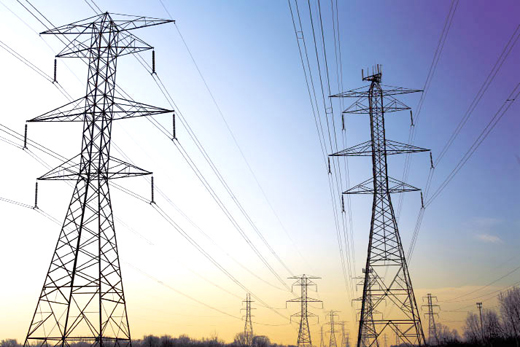
Protection Of Consumer Rights
Consumers, especially Hotels and Guest Houses are aggrieved that fixed charges are being added to the metered reading of their installations. This amounts to charging the consumer twice. Hotels, despite being declared as an industry, are being charged Rs 95/- per KW for 3 phase supply as fixed charges. It would be pertinent to mention that tourism has been declared as an industry in the year 1995, but the benefits if industrial tariff has not been made applicable to this important industry. The Fixed charges need to be adjusted in the actual consumption of the consumer and not charged extra. This addition is unnecessary and inflates the bills even though the consumer should be liable only for the actual electricity consumed.
The issue of arbitrary disconnection of power supply of consumers is of grave concern to the KCC&I. Consumers, particularly those who move out of Kashmir during winter months, are subjected to disconnections without notice. In this regard, it is submitted that whereas Section 8 of the J&K SERC Supply Code Regulation, 2011 stipulates a notice of not less than fifteen working days in writing before disconnection of supply in default of payment. In addition, it stands to reason that the consumer is billed as per minimum charges for the period his supply remains disconnected. However, in blatant violation of the consumer’s rights, the supply is disconnected without any notice. We urge the SERC to increase the period of notice to 30 days and ensure delivery of legitimate notice to the consumers before any action. The consumer should also be billed as per minimum charges for the period of disconnection.
In Kashmir, in view of a majority of consumers move out during the winter months , Section 9.3 of the J&K Supply Code Regulation, 2011 needs to be amended to the extent that notice through SMS on the consumers registered mobile number is incorporated as one of the means wherein the consumer may be deemed to have been duly served.
The KCC&I has also received complaints where a consumer having multiple connections defaults at any one of the installation, the PDD proceeds to disconnect the power at his other installations to unlawfully pressurize the consumer. This method would no doubt be effective in recovering dues but at the same time due process of law has to be followed. Cases have been reported where a consumer’s domestic connection has been withdrawn even if his commercial installation has defaulted. The SERC needs to give due regard to the fact that in many cases, the default may be circumstantial and the consumer cannot be deprived of his right to operate other installations, whether domestic or commercial. The liability of the consumer should be restricted to individual defaulting installations only.
The quality of power being supplied to the consumers is also an issue. It is submitted that the during the winter months, the input voltage drops below 80 volts and during summer months the supply is around 170volts. This needs to be improved.
Earlier, on the intervention of the SERC, the Power Development Department notified it’s curtailment schedule for the convenience of the public. But since then, the Department has been changing the schedule as per it’s own convenience and the public is put to a lot of hardship on this account. It is submitted that the Department be directed to avoid curtailment in metered areas as the consumer is being charged a particular amount for the full period whereas supply power is curtailed. Wherever curtailment is unavoidable, the Department should notify the general public about the same.
The officials and ground staff of the PDD who interact with the consumers need to be better trained. Complaints about the high handedness of the staff while dealing with the consumers have become a regular affair. The consumer is entitled to receive basic courtesies and respect from the staff. The SERC intervention is sought in this regard.
There is no effective mechanism for settling of consumer grievances. It is submitted that an active Consumer Grievance Cell needs to be constituted incorporating representatives from the KCC&I, FCIK and prominent civil society group as it’s members so that consumers are protected from institutional bias.
Underground Cabling
The Power Development Department has recently started laying cables on the poles. It is submitted that the latest technology involves the underground cabling of power supply which is safer and has no chance of pilferage. Apart from being aesthetically more suited, the underground cabling is the modern method of power transmission. Keeping in view the harsh climate of Kashmir, underground cabling appears to be more practical. Exposure to snow and freezing temperatures would no doubt take it’s toll on cables laid on poles and this huge investment in overground cables would also risk losses. Since the PDD is already in the process of modernization, it would also make economic sense if underground cabling is used which is technologically advanced and more durable. Since the SERC is vested with the responsibility of regulating both short and long term policy planning, it would be necessary that investments are made in the most suitable technology.
Street Lighting
The KCC&I would like to raise the issue of dysfunctional and inadequate street lighting in Srinagar and other major towns of Kashmir. Various agencies like the SMC and the PDD having control over the street lighting has had a telling impact on the quality of the equipment installed for street lighting. The departments apparently engage in speculative and experimentative purchases thereby wasting public funds and depriving the public of properly lit streets and parks. The life span of these street lighting is notoriously short. Whereas cities and towns across the country come to life after sunset, evenings in Kashmir are woefully dark and gloomy.





